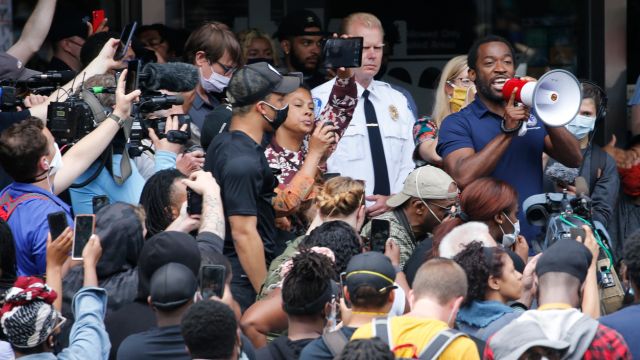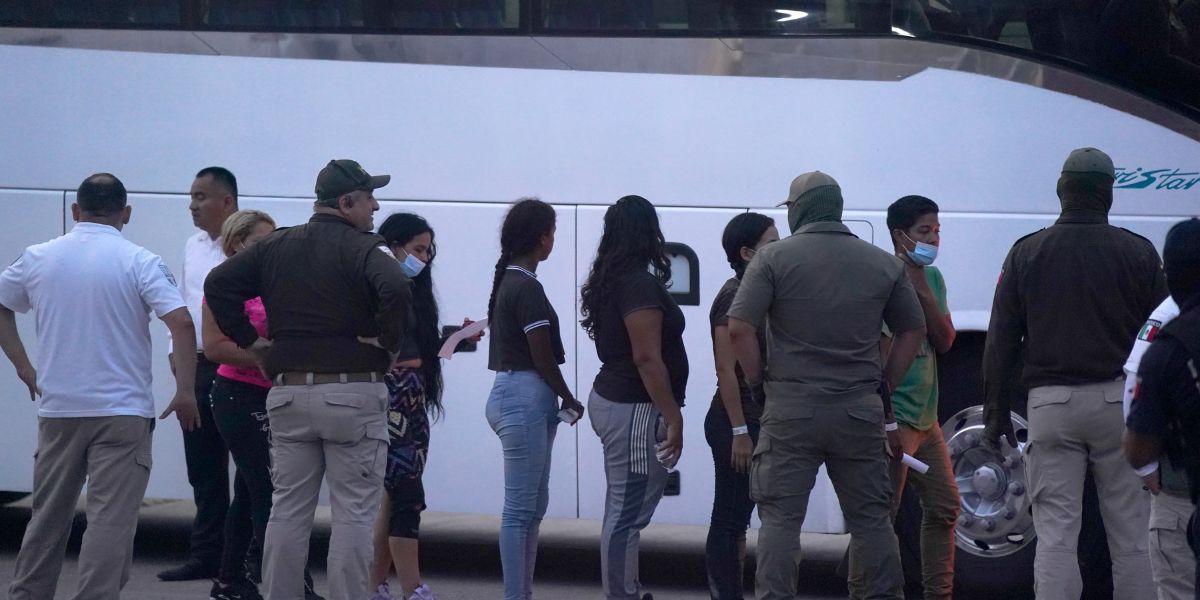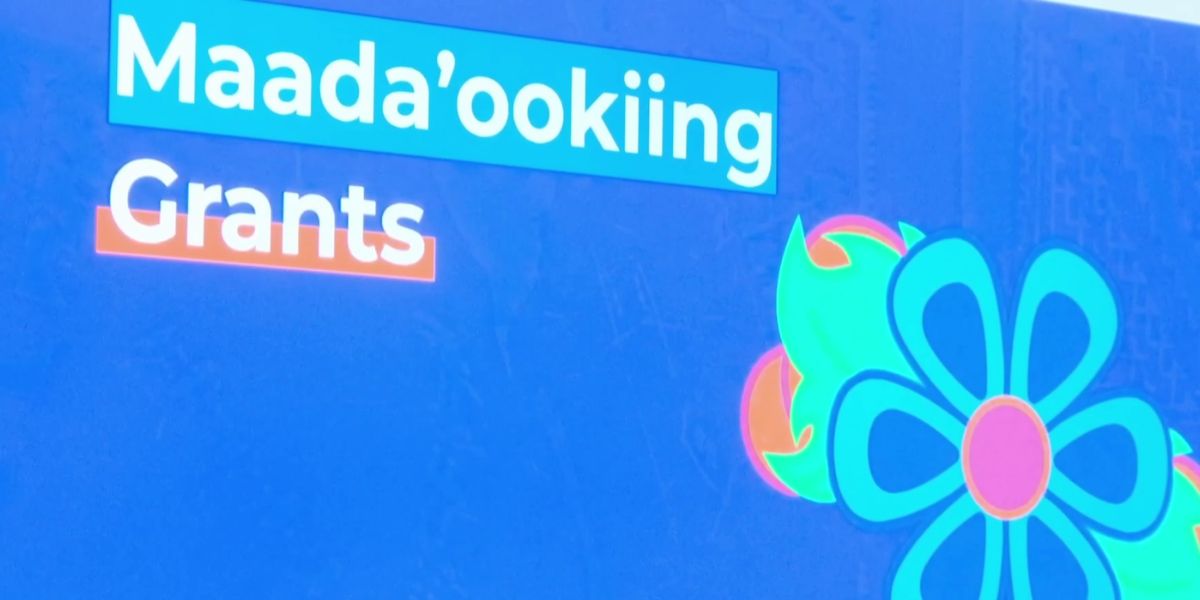A new state law will give police chiefs throughout Virginia the power to enforce curfews during public unrest beginning this summer.
Virginia police chiefs have the authority to impose curfews for a maximum of 24 hours when there is a clear and present danger of civil unrest or disturbances that resemble riots, according to Senate Bill 1455, also referred to as the curfew bill, which was recently signed into law.
The new law has already generated a lot of controversy, despite supporters’ claims that it gives law enforcement a weapon to deal with situations that could turn into dangerous unrest.
The NAACP‘s Virginia chapter is among the critics who have voiced worries about the bill’s ambiguous wording and potential for abuse.
“I just think it’s unfortunate that this bill was passed with so many questions and it just continues the pipeline to prison for African Americans or people of color,” Barnette stated.
The Virginia NAACP expressed their displeasure with the bill’s ambiguous language through its president, Robert Barnette. Barnette claims that the wording’s vagueness allows for subjective interpretation, which may result in inconsistent and possibly detrimental enforcement.
The NAACP is concerned that communities of color may be disproportionately impacted by the law if definitions of terms like “civil commotion” and “disturbance in the nature of a riot” are not clarified.
“The bill lacks definition of a civil commotion or disturbance,” Barnette stated. “We stipulated that to the governor, but he chose to sign it anyway.”
According to the group, the measure does not provide enough protections to guarantee that it is administered justly and fairly.

The law specifically permits police chiefs to enforce temporary curfews if they conclude that there is a real and imminent threat of social upheaval, and it is scheduled to take effect on July 1.
“We have to define imminent threat and civil commotion or disturbance so everybody would be on the same page,” Barnette stated. “It just puts people in a situation to be caught up in the criminal justice system.”
The NAACP, however, has challenged this broad delegation of power, claiming that it may result in conflicting decisions by city officials and police chiefs, each of whom may come up with their own definition of what qualifies as a “civil disturbance.”
The Virginia NAACP had previously expressed their concerns about the legislation’s possible effects on vulnerable areas and requested Governor Glenn Youngkin to veto it.
Proposed Legislation Aims to Curb GPS Apps from Changing Routes to Avoid Congestion
The NAACP felt ignored and irritated when the bill was signed into law in spite of their efforts. Before the bill was signed into law, Barnette said, more could have been done to allay the organization’s worries.
He emphasized that the group’s dissatisfaction was partly caused by the absence of participation and insightful conversation.
According to the NAACP, the bill can result in needless limitations on civil liberties and give authorities the authority to act unilaterally, which isn’t always justified.
The group has pledged to keep pushing for increased accountability and openness in the application of the law, highlighting the necessity of precise rules to avoid abuse.
The discussion about the effects of the bill is still going strong as the day of its implementation draws near.
North Carolina Rolls Out Energy-Saving Rebates for Homeowners, South Carolina Still Waiting
While supporters of the law contend that it is an essential step in preserving public safety amid turbulent times, detractors—including the NAACP—remain gravely concerned about the bill’s possible repercussions and the absence of protections against misuse.
The enactment of this statute has sparked a larger discussion in Virginia regarding how to strike a balance between civil rights and public safety.



